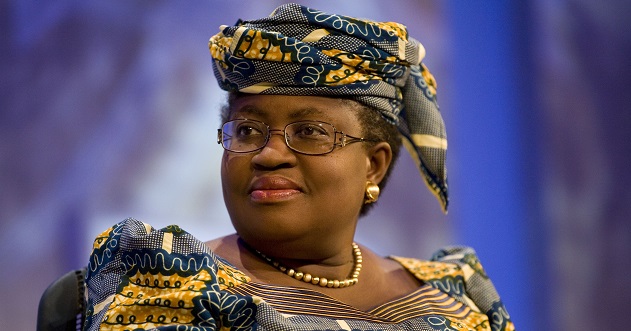Business
Okonjo-Iweala champions African countries’ call for debt relief

Nigeria’s erstwhile Minister of Finance, Ngozi Okonjo-Iweala has given her backing to the resolve by African finance ministers to request debt relief from multilateral, bilateral and commercial partners as succour against the adverse impact of the coronavirus pandemic on African economies.
African finance ministers believe that the intervention of institutions such as the World Bank Group, the International Monetary Fund and the European Union is crucial to actualising their course.
Okonjo-Iweala told the BBC that Africa required numerous means of funding the campaign against the pandemic and the plans to curb it economic effects.
She stated that Nigeria alongside other countries urgently needed to solicit the assistance of the G7 and G20 in obtaining the debt relief in order to have sufficient capital to address the economic and health challenges from the pandemic.
“You know we have several sources, you’ve got the African Development Bank, which has just floated a social bond for $3bn that will be available to the countries on the continent.
“You have the World Bank that has set aside $14bn of which they’ve already committed $2bn to 25 countries — and 11 of them are Africans.
“Many of our countries need to move, to take advantage of this, and they are willing to commit $150bn over the next 15 months,” Mrs Okonjo-Iweala said.
READ ALSO: Nigerian govt offers 3-year tax break to 25 companies
According to her, “the IMF has put forward $50bn as an emergency fund, and already 80 countries have applied for this, many of them African.
“It also has a $1bn grant fund; catastrophe containment and relief trust, which they can approach. Let me mention my own organisation, GAVI, where I am chair of the board. We have made immediately available $200m to $300m grant.”
“Once these monies become available, if the countries get debt relief, that means that the monies they would have been paying to service the debt that they’ve taken from other countries; bilateral debts or from institutions, this monies can now be used to procure food and supplied and support the livelihood of people in the rural and urban area.”
Join the conversation
Support Ripples Nigeria, hold up solutions journalism
Balanced, fearless journalism driven by data comes at huge financial costs.
As a media platform, we hold leadership accountable and will not trade the right to press freedom and free speech for a piece of cake.
If you like what we do, and are ready to uphold solutions journalism, kindly donate to the Ripples Nigeria cause.
Your support would help to ensure that citizens and institutions continue to have free access to credible and reliable information for societal development.






















